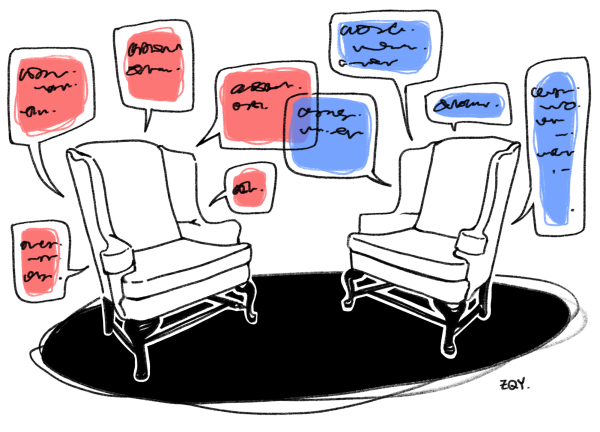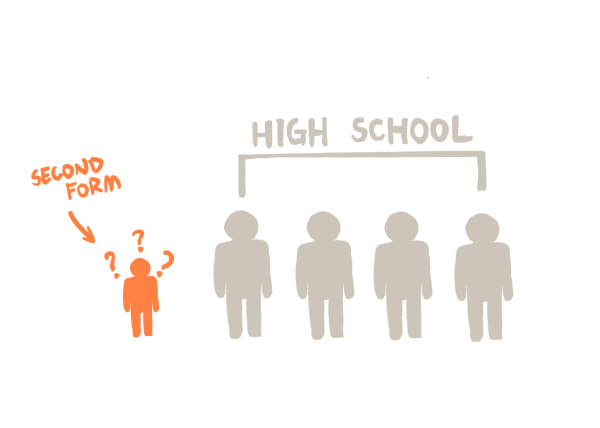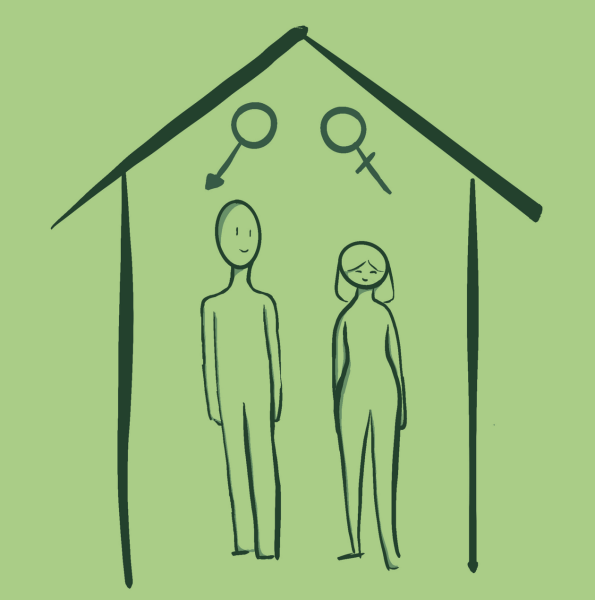It’s Not My Job to be Your Conscience
More and more people, especially this generation’s youth, are becoming socially conscious – “woke,” to use a common term. Often this is done by willfully educating oneself about the different issues and experiences of others. The educators are often women of color, such as social media personalities ShiShi Rose and Linda Sarsour. Through the wide reach afforded by social media platforms in the 21st century, they can convey their message to hundreds of thousands of viewers. This trend has resulted in a society in which ideas spread quickly and a culture that encourages the privileged to strive to better understand those around them. This is a beautiful and powerful movement that is creating a wide community willing to listen to one another.
However, it is often forgotten that people of color, the LGBTQ+ community, people with disabilities and other groups are not faceless. They are made up of individuals for whom the pressure and expectation of constant activism is often an uninvited burden. It is easy to forget that a Latino person, someone with a mental illness, or a transgender woman may not always want to talk about something as deeply personal as these issues are for many. They are not handbooks on oppression to be consulted at every question. Not every black person wants to talk about police brutality, and not every woman wants to explain gender dynamics.
Constantly placing the responsibility for progress on those affected is not only unreasonable but also counterproductive. The poet Audre Lorde said that by placing this burden on others, “The oppressors maintain their position and evade their responsibility for their own actions. There is a constant drain of energy which might be better used in redefining ourselves and devising realistic scenarios for altering the present and constructing the future.”
There is already an imbalance within societies where certain people are more advantaged – no one has to teach people about what it is like to be heterosexual or able-bodied or neurotypical. Putting the onus on those advantaged groups to actively learn about the experiences of others establishes a more even playing field. It increases the perception of the “other” as normal instead of alien, which leaves little room for xenophobia. An “other” that does not exist cannot be feared.
I present this argument to you as a black person and a woman. Having both of these aspects of my identity affect my daily life has helped form my ideology. But even I don’t always want to explain why someone shouldn’t use certain slurs, or why there isn’t a White History Month.
Nevertheless, I write as someone who is cisgender, heterosexual, middle class, and able-bodied. As someone who enjoys privilege because of these identities I recognize that my duty is to not only be an ally but to be an active ally by educating myself and increasing my own awareness of the issues that affect the lives of so many. I recognize how crucial it is that those of us with advantages make an effort to understand the struggles of those who are different. It is my responsibility and is not a particularly difficult task.
Google is free, after all.





